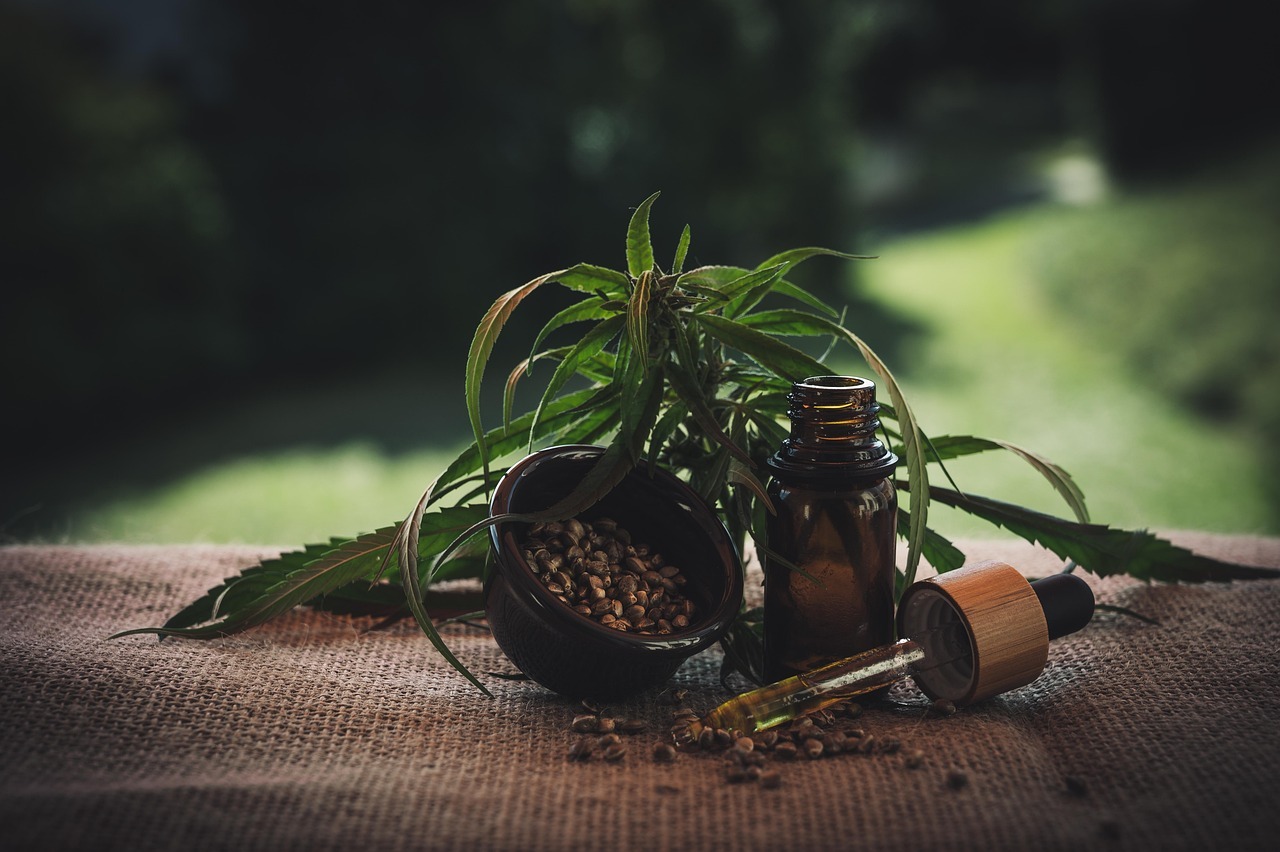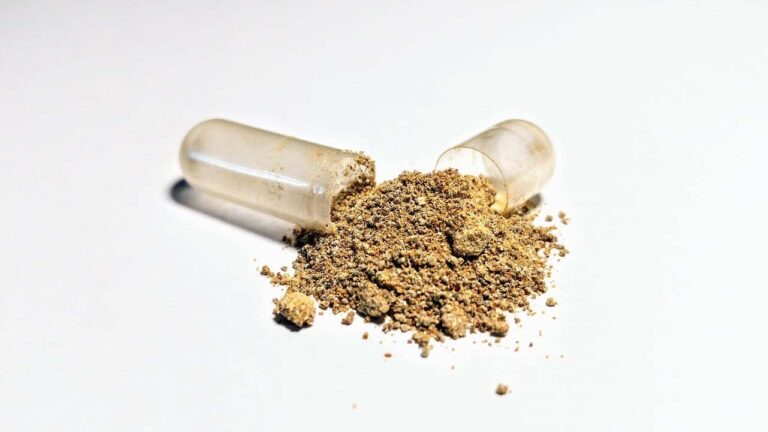The popularity of cannabidiol (CBD) has continued to grow in recent years, establishing itself as a solution for many people seeking natural alternatives to improve their health and well-being.
This growing interest is not a passing fad, but is based on a growing body of scientific research suggesting that this chemical from the Cannabis sativa plant could offer a range of therapeutic benefits to treat a wide range of conditions. From CBD oils and creams to CBD resins and buds, the market has been flooded with a wide variety of products that appeal to all types of consumers, from young adults to seniors.
What is CBD?
CBD is one of more than 100 cannabinoids (active chemical compounds) found in the Cannabis Sativa plant. Among the best known cannabinoids are CBD and THC (delta-9 tetrahydrocannabinol). Both interact naturally with receptors in the human body’s endocannabinoid system (ECS), which is responsible for regulating fundamental biological functions such as appetite, body temperature, mood, memory, immune response and sleep.
Despite sharing this mechanism of action, CBD and THC produce very different effects. THC is known to alter mental and physical functions, generating psychoactive effects.
In contrast, CBD has no psychoactive effects, making it a popular choice for those seeking the benefits of cannabis without altering their perception or behavior.
Considered by the World Health Organization (WHO) as a safe and non-addictive substance, CBD is widely used to treat various ailments and health problems, thanks to its numerous medicinal properties.
Its medicinal properties have been supported by multiple scientific investigations, which highlight its ability to relieve pain, reduce anxiety and stress, stimulate appetite, improve sleep quality, among other benefits.this scientific support, coupled with the growing consumer preference for natural alternatives, has significantly boosted its popularity in recent years.
The CBD market in Spain
The CBD market has experienced remarkable growth, increasing at an annual rate of 35% over the last five years, according to the latest report from Cannamonitor, the leading consultant in this sector in Spain.
This boom reflects the growing demand for CBD-derived products in our country, which are available in more than 500 points of sale, both physical and online. These specialized stores offer a wide variety of options from more than 250 brands, including CBD oils, creams, flowers, resins and buds, among others.
Is CBD legal in Spain? What does the legislation say about it
In Spain, there is currently no specific legislation that directly regulates the production, commercialization or consumption of CBD.
This absence of a clear regulation leaves its regulation subject to the interpretation of international conventions, as well as to the jurisprudence of the courts, both national and international. The main reference in this area is Regulation (EU) No. 1307/2013 of the European Parliament and of the Council, which allows the cultivation and marketing of CBD in Spain and the rest of the European Union, as long as they are not promoted as consumables and their THC content does not exceed the 0.2% limit.
The commercialization of CBD is legal in Spain as long as the products are intended for external use, that is, they are used for skin care or for the treatment of different skin conditions, among other uses.
Cosmetics must be made from the non-controlled parts of the cannabis plant, such as seeds and leaves, and contain less than 0.2% THC, the limit established by the EU. Thus, grow shops, both physical and online, legally sell creams, oils and other personal care products with CBD.
The situation is different for foods containing CBD or for those products labeled as food supplements. The reason is that the Spanish Agency of Medicines and Health Products (AEMPS) has not yet classified CBD as a food or food supplement, which prevents its sale for human consumption.
The European Food Safety Authority (EFSA) considers that the use of this substance derived from the Cannabis sativa plant as a ‘novel food’ has not been adequately evaluated in terms of safety for consumption. In fact, through the Spanish Agency for Consumer Affairs, Food Safety and Nutrition (AECOSAN), EFSA has decided to immobilize all CBD-derived products that have been classified as food supplements.
In conclusion, CBD has established itself as a true social phenomenon, which has attracted the attention of a diverse public due to its potential therapeutic benefits.
In Spain, its expansion has been legal, although under specific conditions that regulate its commercialization, especially in products for external use, such as oils and creams, and with a THC content below 0.2%, with legal loopholes that leave room for interpretation and the evolution of future regulations.












